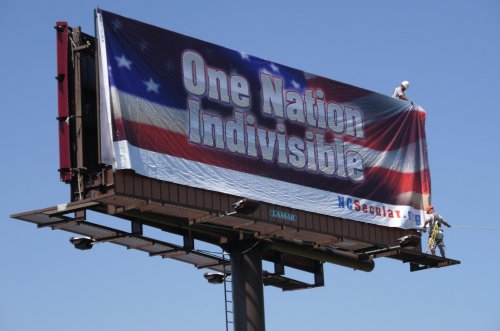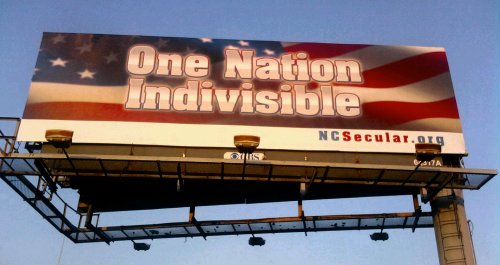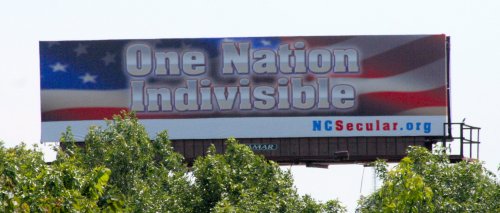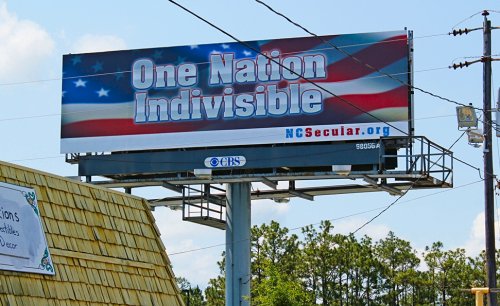
|
|
Members:
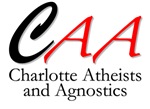
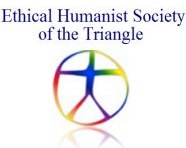




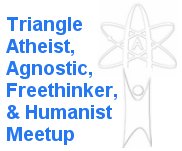
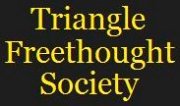


|
News...Vandals Strike Godless Billy Graham Pkwy Billboard"One Nation Indivisible" Billboard Campaign Launches!
|

"One Nation Indivisible" Ad Campaign SponsorFast FactsAccording to a 2008 ARIS survey, "Based on their stated beliefs rather than their religious identification in 2008, 70% of Americans believe in a personal God, roughly 12% of Americans are atheist (no God) or agnostic (unknowable or unsure), and another 12% are deistic (a higher power but no personal God). According to a 2009 PEW Survey, "the study's statistics on religion show that more than six-in-ten Americans age 70 and older (62%) are Protestant but that this number is only about four-in-ten (43%) among Americans ages 18-29. Conversely, young adults ages 18-29 are much more likely than those age 70 and older to say that they are not affiliated with any particular religion (25% vs. 8%). If these generational patterns persist, recent declines in the number of Protestants and growth in the size of the unaffiliated population may continue." A 2005 study of religiosity, secularism and societal health in different countries found that more secular societies functioned better in comparison with more religious societies, with lower teen pregnancy rates, lower abortion rates, lower STD infection rates, lower juvenile and early adult mortality rates, and lower homicide rates. In 2009, a study of religiosity and teen birth rate in the United States found that teenage birth rates are higher in more religious states, even after controlling for differences in income and rates of abortion. Studies have found that the highest divorce rates are to be found in the Bible Belt, that rates among conservative Christians are the highest, and "The 10 Southern states with some of the highest divorce rates were Alabama, Arkansas, Arizona, Florida, Georgia, Mississippi, North Carolina, Oklahoma, South Carolina, and Texas." According to Wikipedia "Secularism draws its intellectual roots from Greek and Roman philosophers such as Marcus Aurelius and Epicurus, medieval Muslim polymaths such as Ibn Rushd, Enlightenment thinkers like Denis Diderot, Voltaire, John Locke, James Madison, Thomas Jefferson, and Thomas Paine, and modern freethinkers, agnostics and atheists such as Bertrand Russell and Robert Ingersoll." |
